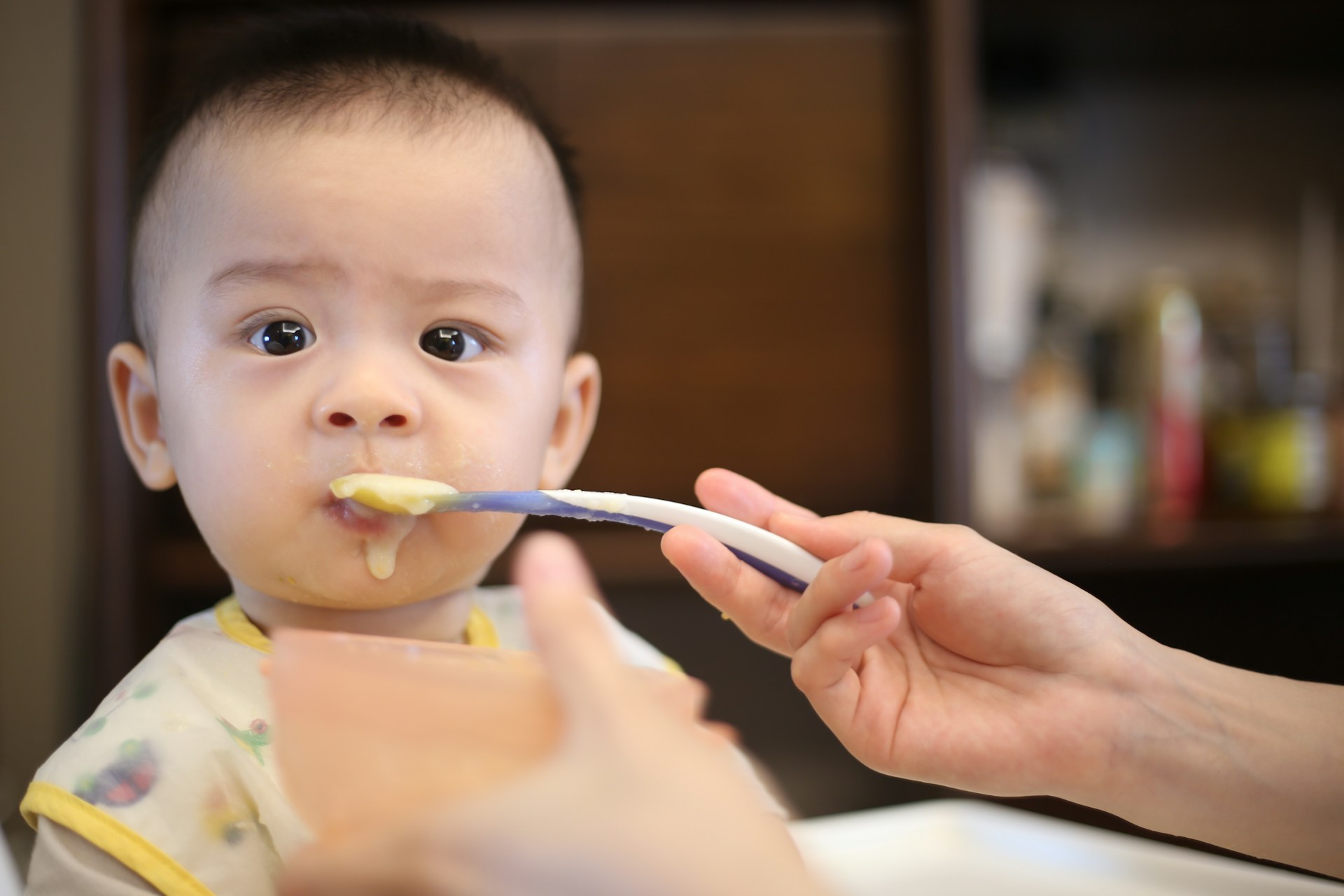A report released by a Swiss NGO– the Public Eye and International Baby Food Action Network (IBFAN)– revealed that Nestlé baby food products– such as Cerelac, sold in India and African and Latin American countries contain higher added sugars than European markets.
IBFAN said it tested almost 150 baby products from the house of Nestlé sold in several countries in a Belgian laboratory. Testing took the lid off the fact that 15 Cerelac products manufactured for six-month-old babies had no added sugars in countries like the United Kingdom and Germany, while in India and Pakistan, the company adds 2.7 grams of sugar per serving. For Bangladesh, it was 3.3g.
Added sugars were nearly 6 grams per serving in the products sold in Ethiopia and Thailand. It was the highest in the Philippines at 7.3 grams per serving, where the packaging did not divulge such information. The next in the ranking were Nigeria ( 6.8 grams) and Senegal (5.9 grams).
“While Nestlé prominently highlights the vitamins, minerals, and other nutrients contained in its products using idealizing imagery, it’s not transparent when it comes to added sugar,” the report said.
In India alone, Nestlé generated ₹ 20,000-Crore in sales of Cerelac products in 2022.
30% Decrease In Added Sugars: Nestlé
Notwithstanding World Health Organization (WHO) recommendations against putting added sugar in products meant for toddlers below three years of age, Indian regulators permit adding limited amounts of sucrose and fructose in baby food.
Added sugars are those sugars or caloric sweeteners generally put in foods or beverages during the processing or preparation stage.
However, in India, Nestlé patently labels on baby products containing added sugar.
Responding to the report claims of a Swiss NGO, a Nestlé India spokesperson said cutting down on added sugars is a priority for the company. Over the last five years, added sugars declined by 30% in its infant cereal products.
The company said: “We regularly review our portfolio and continue to innovate and reformulate our products to further reduce the level of added sugars without compromising nutrition, quality, safety, and taste.”
Cons of Added Sugars: Obesity
Experts believe adding sugar is highly addictive and in baby products, it can be a dangerous and unsolicited practice.
“This is a big concern. Sugar should not be added to foods offered to babies and young children because it is unnecessary and highly addictive,” says Rodrigo Vianna, epidemiologist and Professor at the Department of Nutrition of the Federal University of Paraiba in Brazil.
“Children get used to the sweet taste and start looking for more sugary foods, starting a negative cycle that increases the risk of nutrition-based disorders in adult life. These include obesity and other chronic non-communicable diseases, such as diabetes or high blood pressure,” he added.
Strictly Following Compliances:
Nestlé India insists that it does not compromise on compliance and abides by standards set by world organizations. Their baby products supplement dietary needs and fulfill nutritional requirements such as protein, carbohydrates, vitamins, minerals, and iron for early childhood.
“We never compromise and will never compromise on the nutritional quality of our products. We constantly leverage our extensive Global Research and Development network to enhance the nutritional profile of our products. Compliance is an essential characteristic of Nestlé India, and we will never compromise on that. We also ensure that our products manufactured in India are in full and strict compliance with CODEX standards (a commission established by WHO and the Food and Agriculture Organization) and local specifications (as required) pertaining to the requirements of all nutrients, including added sugars,’’ it said.
In a communiqué released by Nestlé on Public Eye report, the company said it decreased the added sugars in their baby products worldwide by 11%.
“In recent years, we have reduced the total amount of added sugars in our infant cereals portfolio worldwide by 11%. All added sugars – sucrose and glucose syrup – are being phased out of our growing-up milk (from 12 – 36 months) recipes worldwide.”
The Food Safety and Standards Authority of India, a regulatory body that sets standards to ensure food safety and quality, has assured that it is investigating the IBFAN report.


It’s concerning to learn about Nestlé’s discrepancies in added sugar content across different regions, especially in baby food products. Such practices could potentially pose health risks to infants and young children, contradicting global recommendations against added sugars in toddler food. Nestlé’s prioritization of profit over transparency and nutritional integrity is disheartening, especially considering the significant sales generated from Cerelac products in India. As a global leader in food production, Nestlé should prioritize the health and well-being of consumers by ensuring consistency and transparency in product formulations worldwide. This highlights the urgent need for stricter regulatory oversight and accountability measures to safeguard consumers, particularly vulnerable populations like infants and young children.